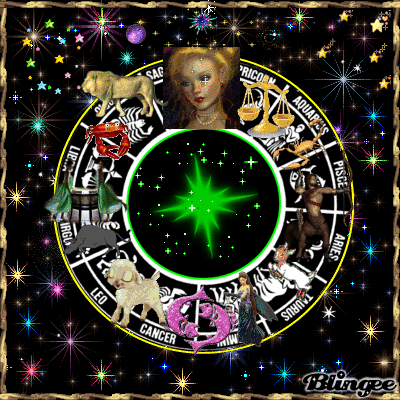When should you challenge a traffic fine?

Challenging a fine in court can mean tougher penalties and is generally more expensive and stressful that just paying the fine in the first place. Despite this, Adelaide man David Woolmer has successfully appealed a red light ticket, throwing South Australia’s expiation system into chaos and temporarily closing more than 100 intersections while police check their cameras.
Expiation notices may be issued for criminal offences such as driving unregistered or uninsured, running a red light or speeding. They allow the justice system to handle criminal offenses without involving the courts, and usually contain a fine and loss of demerit points.
What to do if you receive one
If you receive an expiation but you weren’t the one driving the vehicle, you can nominate the driver who was. If it was you who committed the offence, you can pay either in full or request a payment plan. If you don’t believe the expiation is accurate, you can request that police review the notice or challenge it in court.
When you should pay
If you elect to challenge the fine, be mindful that matters are them taken into the court system, often incurring costs greater than the fine itself. Tim White, President of the Law Society of South Australia advised the ABC that people challenging traffic expiations likely won’t know what evidence there is against them, putting them at a disadvantage. “So the strength of your case is really not known at the time you’re making a decision [about whether] to challenge the expiation,” he said.
When you might consider challenging
“Once you have paid the fine, that’s deemed to be an acceptance of guilt you can’t really unravel,” said Karen Stanley, the lawyer who won Woolmer’s case.
As demerit points are often deducted alongside financial costs, Stanley suggested this may motivate some people to challenge expiations. “I generally say if [accepting the expiation notice] is going to result in a licence disqualification, it’s probably worth [challenging] … but it’s very expensive,” said Stanley. However, driving under the influence of alcohol or drugs can carry heavier penalties if you opt to challenge them rather than accept them.
Both Ms Stanley and Mr White noted that successful challenges in court are rare. Most of the time it won’t pay off and can cost you far more than the initial fine.
Have you ever been wrongly fined? Would you ever consider challenging an expiation in court? Do you know anybody who has?




I was advised by a friend that a fine in NSW can be cancelled in some circumstances and I pass this tip on as it worked for me in a speeding fine. Pay the fine and attach the cheque to a letter explaining that you accept the fine but ask for it to be treated as a caution in view of your past driving record. In my case, the fine was cancelled, my points were re-instated and a cheque for the amount of the fine was attached to the letter. For this to work you must have had a "clean" licence for the previous 10 years.